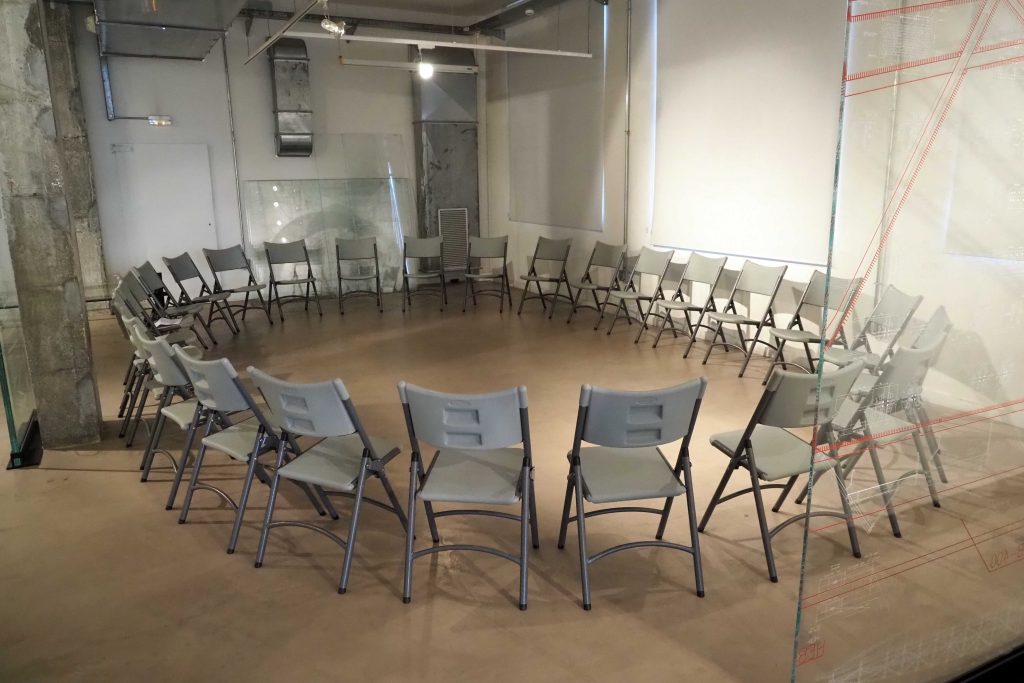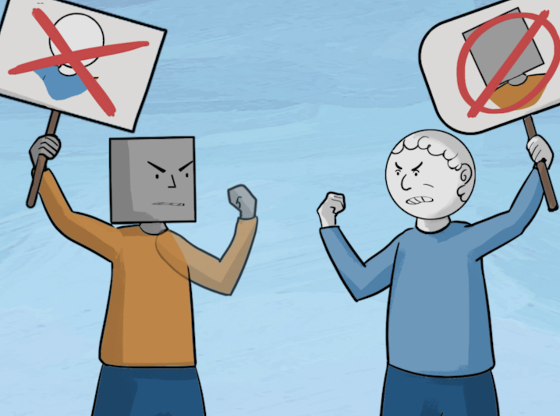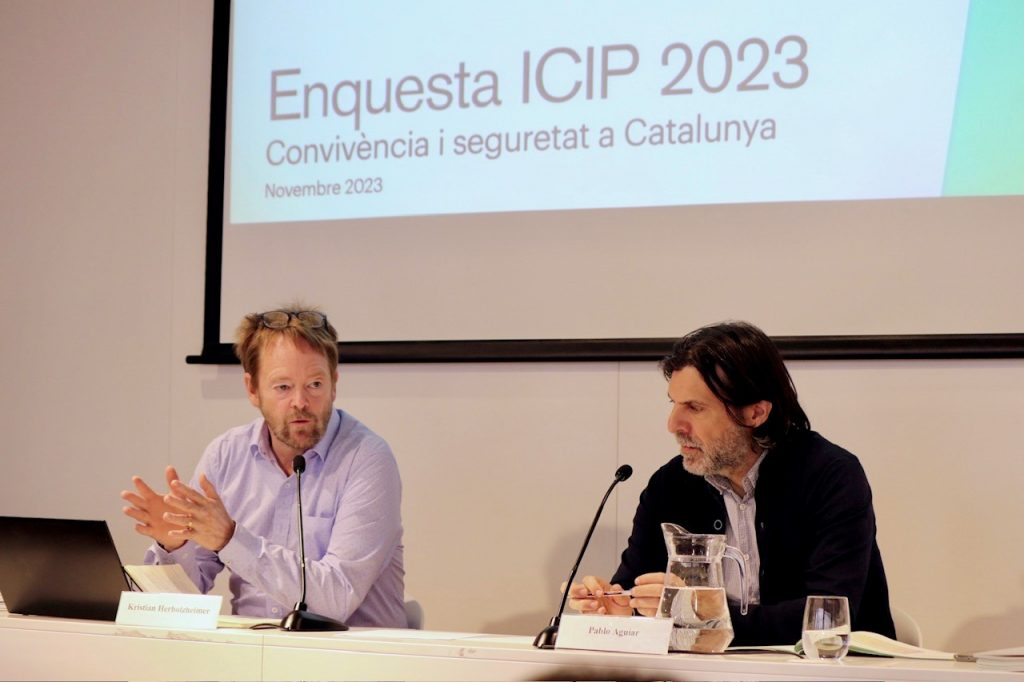Social and Political Dialogue
Conflicts are part of human nature. When managed constructively, they contribute to social progress. If they are not recognized and treated in time, they can affect social coexistence and, in extreme cases, escalate to a scene of violence. When a sector of the population denies legitimacy and advocates the elimination of divergent democratic thinking, polarization becomes toxic: a destructive dynamic that also affects established democracies.
This line of work offers tools for analyzing, managing and transforming conflicts, with a particular emphasis on the case of Catalonia. The primary tool for preventing or redirecting conflicts is dialogue. Political dialogue at an institutional level and social dialogue is in all spheres of society.
The necessary conditions for a dialogue do not always exist, but we can always help promote them. Committing to dialogue requires what we have called “CARES”:
- Curiosity to understand the reasoning of those who think differently, And:
- REspect for all people, regardless of their positions, plus:
- Self-criticism, because no one holds the absolute truth.



